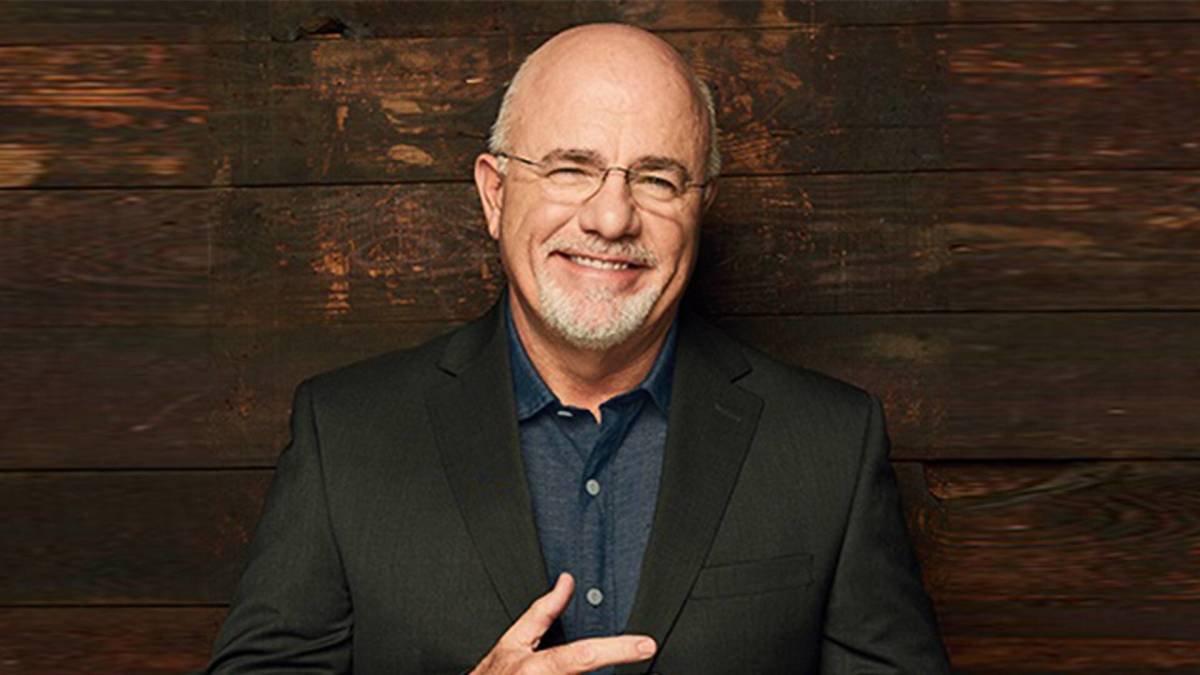
Many people worry about the unpredictable future of Social Security and to what degree they can rely on the federal program for funds in their retirement years.
Personal finance author and radio host Dave Ramsey explains what's ahead for Social Security in the next decade and offers his views on how much current workers should count on it when they retire. A Centers for Disease Control and Prevention report projects the average American life expectancy at 77 years old, and this fact is a relevant consideration for retirees.
Related: Dave Ramsey has major warning on retirement, 401(k), Social Security
First, it's important to understand that Social Security's combined trust fund reserves will run out of money in 2035. Until then, the reserves will make up the difference between income and costs.
After the reserves are depleted, the program's income will still be able to pay about 80% of its promised benefits. And that will happen only if Congress fails to make adjustments.
Ramsey believes, given the uncertainty of Social Security's future, workers should understand that it's their own individual financial responsibility to plan for their retirement using other means.
And the radio host explains a couple investment tools people can use to help take care of themselves and their families without depending on the government.
Dave Ramsey clarifies thoughts on 401(k)s and Roth IRAs for retirement
Ramsey emphasizes his view on the importance of investing 15% of your income in growth stock mutual funds through an employee-sponsored 401(k) and a Roth IRA.
The personal finance coach clarifies his opinions on guidelines to follow when using this investment strategy for retirement savings.
Regarding the employee-sponsored 401(k), Ramsey explains that it's not enough to simply invest up to one's employer's match percentage.
More on Dave Ramsey
- Ramsey explains one major key to early retirement
- Dave Ramsey discusses one big money mistake to avoid
- Ramsey shares important advice on mortgages
One strategy designed for success is for money beyond your company's 401(k) match to be invested in a Roth IRA.
That's because contributions to Roth IRAs are made with after-tax money, so as those investments grow in value, they grow tax-free. This approach is important because it can increase savings, particularly if you retire in a higher tax bracket than you were in when you initially invested the money.
If a person is able to execute these plans effectively, Ramsey says, there is another strategy to consider regarding Social Security payments that might surprise people.

Shutterstock
Ramsey discusses claiming Social Security benefits early
One decision people need to consider about Social Security payments involves the question of when it is best to begin receiving them.
In general, the longer one waits to claim benefits, the larger the paychecks will be. But Ramsey suggests an approach that can result in both retiring earlier and making more money from your Social Security benefits in the long term.
Related: Dave Ramsey has new strong words on buying a home and real estate
If the wealth accumulated in your 401(k) and Roth IRA by the time you retire is sufficient that you don't need to use all of the money from your Social Security checks, you can invest that money and watch it grow during your retirement as well as your other investments.
For example, Ramsey explains that if you were to invest $700 a month from the time you are 62 to the time you are 77, that would be 15 years of investments that could potentially result in another $318,000 or so.
Because the Centers for Disease Control and Prevention predicts the average American life expectancy at 77 years old, this is particularly relevant to the math.
If you live to that age, you may well end up receiving more money from Social Security by claiming the benefits at age 62 and investing the money.
It's a safe assumption most people would find that a desirable result when compared with spending more time working past age 62 while you wait for the higher monthly benefit.
Related: Veteran fund manager picks favorite stocks for 2024







